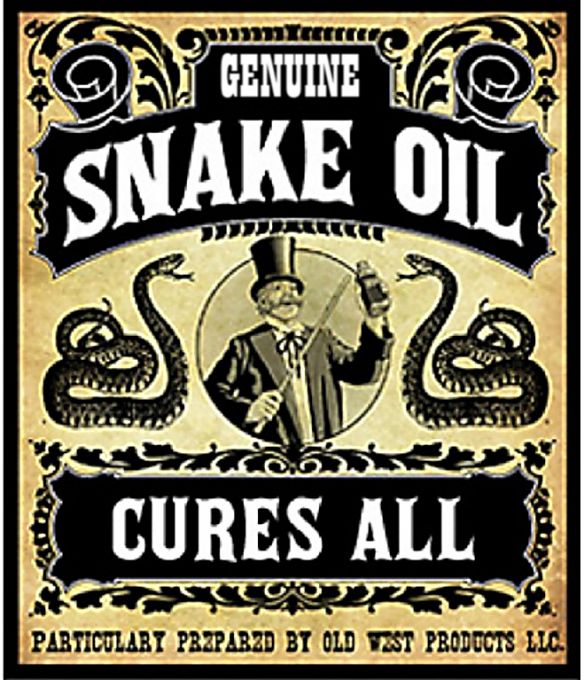HCPC registration and Public Protection
HCPC registration and Public Protection
'Art Therapy' and 'Art Psychotherapy' are 'protected titles' under UK Law.
That means it is illegal to claim to be either of these things unless you have completed a full, recognised, training and are registered with the Health and Care Professions Council.
There is one very good reason for this: public protection. We will write some more about what this means, and the implications.
Anyone can check HCPC registration. HCPC's aims include:
- maintaining and publishing a public register of properly qualified members of the professions;
- approving and upholding high standards of education and training, and continuing good practice;
- investigating complaints and taking appropriate action;
Astonishingly, it is still perfectly legal, (though it would probably be ill advised), for anyone to put a brass plate advertising themselves as psychotherapist tomorrow.
The professional organisation for art therapists is The British Association of Art Therapists, (BAAT), who played an important role in the establishment of HCPC, and remain the 'Learned Society' for the profession. Membership of BAAT is not a requirement for art therapists, (though practitioners who are may be more in touch, informed, connected and up to date.) Membership is open to anyone in training or qualified. There are two additional areas of practice members are encouraged to register with BAAT and demonstrate that they meet the association's standards. These are Private Practitioner, (requiring sufficient experience to work single handed, appropriate supervision, insurance..), and Supervision, (sufficient experience and training). Malcolm Learmonth is in both of these BAAT registers, and Karen Huckvale is a registered Supervisor, (as she also is for Play Therapists). These are not requirements, but the criteria are sound, and are questions we would recommend people ask potential therapists or supervisors themselves. BAAT registration does offer some 'at a glance' assurance that the practitioner has good enough answers. You can check the BAAT registers here.
A registered health professional is committed to agree training standards, Continuing Professional Development, Clinical Supervision, Professional and Ethical standards, and are accountable to HCPC for doing so. There is a fair system for complaints, and HCPC has the legal power to ultimately bar dangerous practitioners. HCPC is funded entirely by the subscriptions of its registrants, is not a branch of government, but was awarded these legal powers by an Order of The Privy Council. (In the UK, in modern times, this is still how quite a lot of law gets made...)
Art, Music and Drama therapists, practitioner psychologists, social workers (in England) are all HCPC registered professions.
Unregistered health professions, (like psychotherapy and complementary therapies), often have professional associations which offer standards their members have agreed to. Membership is voluntary, the standards are not legally enforceable, and the diligence applied to complaints is very variable.
We would advise anyone seeking professional help with a health issue to ask about people's credentials, training, codes of practice and experience. This is just looking after yourself, and a good health practitioner of any stripe will be pleased to help you do that.
Throughout history there has never been a shortage of quacks, and they damage their colleagues as well as at the very least, exploit the credulous. They are a small minority, but they can really hurt people. Try and avoid them!

